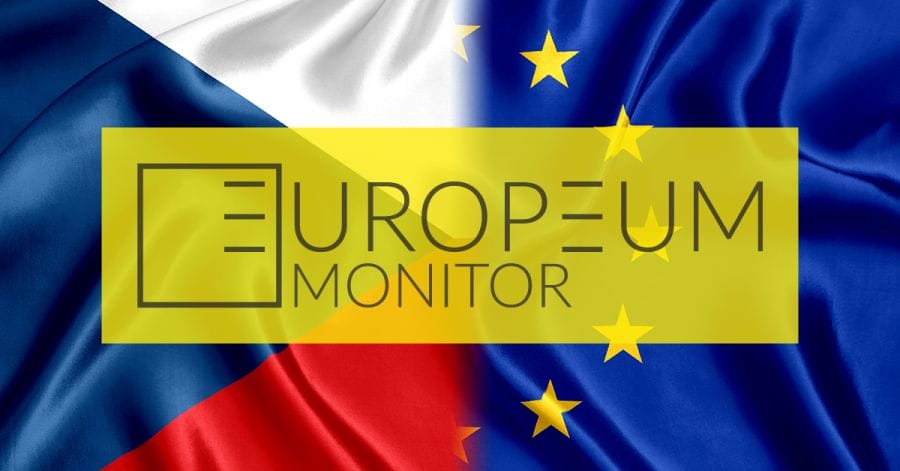EU MONITOR: Czechs and the Post-2020 Multiannual Financial Framework

- At the beginning of May 2018, the European Commission introduced its proposal of the new Multiannual Financial Framework 2021-27. Since then, the EU member states as well as the European Parliament have been intensively negotiating about each aspect of the Commission´s draft without being able to reach an agreement. Consequently, the talks will slip into 2020, probably being finalized no earlier than summer 2020 during the German presidency of the European Council.
- The following article is therefore meant to provide the reader with an understanding of what ordinary Czechs think of the MFF negotiations and what should the EU budget finance. The text is predominantly based on standard public opinion poll conducted by STEM Agency in cooperation with EUROPEUM Institute for European Policy in October 2019. The sample consisted of 1002 respondents, combining PAPI and CAPI questioning. The quantitative research was supplemented with qualitative questioning in form of focus groups conducted at the beginning of November 2019.
Czech population in general does not follow the negotiations, nor is interested in the EU budget or know well what it finances. They are also confused in the net Czech position with respect to the EU budget – only 24 % think that the Czech Republic receives more than it pays, 18 % is convinced the Czech position is balanced, and surprisingly 13 % believe that the Czech Republic is a net contributor to the EU budget (rest does not know). These numbers are surprising as the public discourse is filled with stories of what the EU funds finance, and the politicians often talk about the EU membership being profitable due to the Czech net position.
An absolute majority of Czech citizens considers infrastructure development, environmental protection, and Common Agriculture Policy as a priority to be financed from the EU budget. Interestingly, third most popular area is investment in social services, however, this varies through different groups of the Czech society.
You can read the whole EU monitor article via using the PDF button on the right side.






